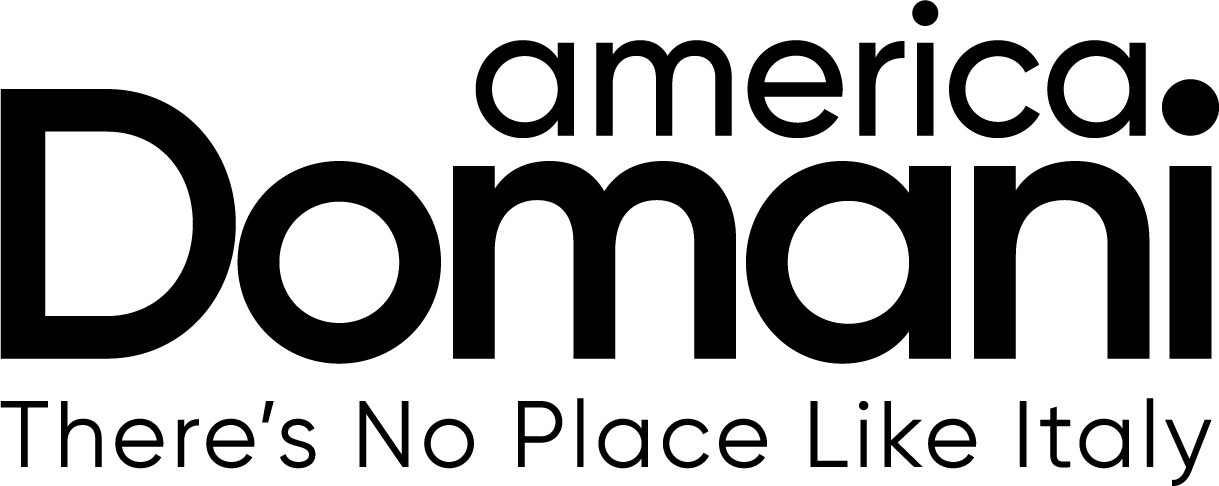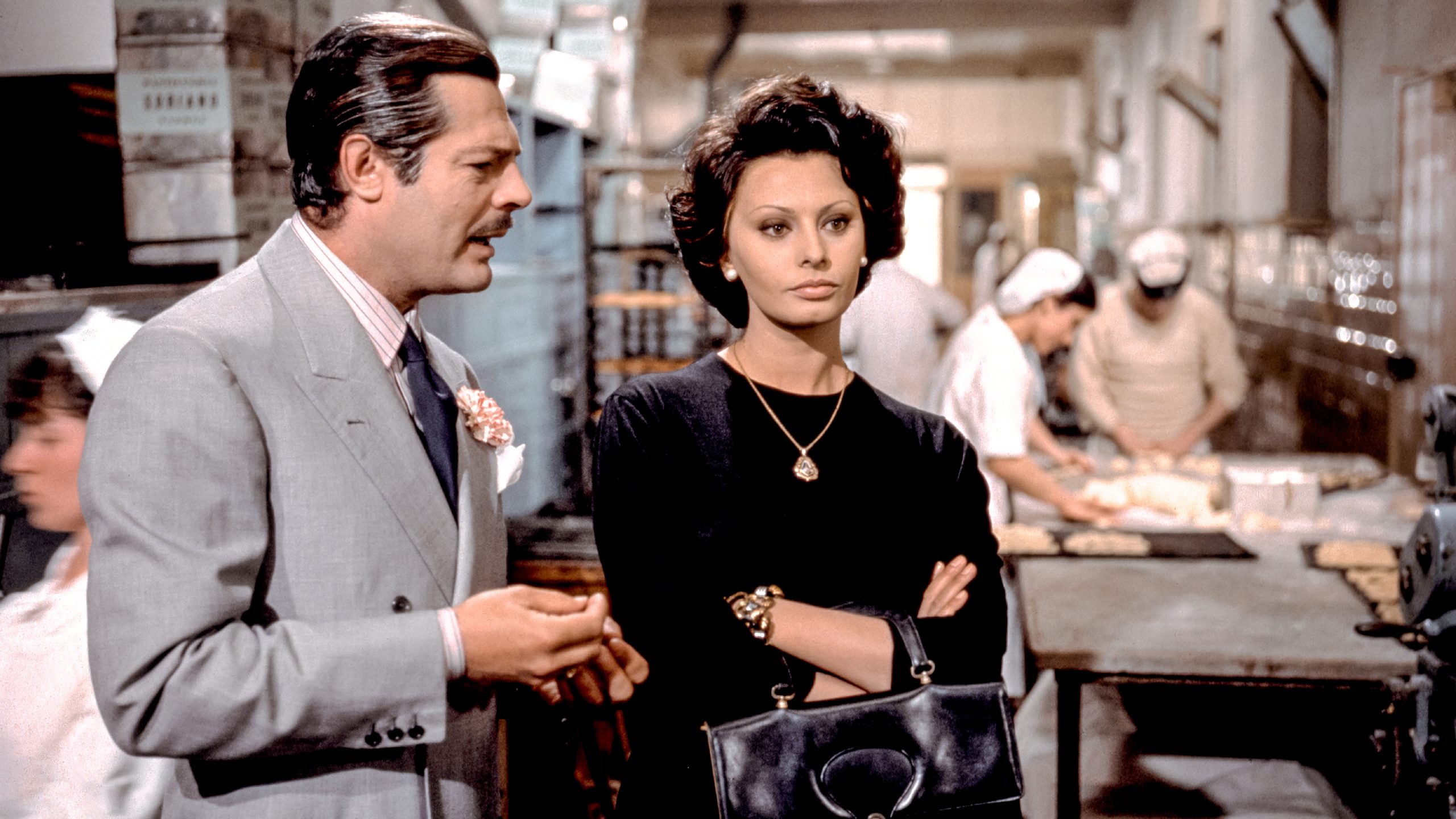The Italian film industry got its start in the early 20th century with major production companies that popped up in Naples, Rome, Turin, and Milan. The early Italian silent-era films received great international acclaim. The rise of the National Fascist Party and Mussolini saw an exponential rise in filmmaking, centered in Rome. However, these were propagandized versions of life under the Fascist regime. By the end of World War II, Italy’s crushing defeat brought about huge changes in its film industry. The filmmakers of this era weren’t driven by money - they showcased the harsh realities of life in Italy. It led to one of the most well-known film movements, called Neo-realism. This was the beginning of the Golden Age of Italian cinema. While there could be a long list of the greatest Italian movies of all time, here is a shortlist of five Italian movies that everyone needs to see at least once.
La Dolce Vita
The 1960 Italian picture La Dolce Vita is one of Federico Fellini’s most iconic films and the title created one of the most popular terms about Italian life still used today. Starring Marcello Mastroianni and Anita Ekberg, the movie won an Oscar for best costume design in a black and white film and was nominated for three other awards. The intriguing comedy and drama sheds light on the hedonistic excess of the European privileged class seen through the eyes of a tabloid journalist named Marcello Rubini. The film contains striking sequences that led to coining the term ‘Felliniesque’, used to describe Fellini’s outlandishness and extravagant style.
Matrimonio all’italiana
The Italian romantic comedy, released in 1964, was directed by Vittorio De Sica and based on a play by Neopolitan author Eduardo De Filippo. It established Sophia Loren and Marcello Mastroianni as one of the most popular screen couples in international film. When Domenico (Mastroianni) first meets Filomena (Loren) in Naples during World War II, he is instantly smitten. Flash forward to the postwar years, and the two meet again, sparking a passionate affair that spans two decades. However, when Filomena — who has become Domenico's mistress and has secretly borne his children — learns that he is planning to wed another woman, she will stop at nothing to lure him into marrying her instead.
Cinema Paradiso
Giuseppe Tornatore’s love letter to cinema sparked one of the most moving cinematic experiences ever created. The film illustrates the relationship between cinema-obsessed Salvatore and the projectionist, Alfredo. The movie offers a fascinating portrait of early 20th-century Italy where priests would censor kissing scenes from film. Despite being sentimental and flamboyant, Cinema Paradiso is an ode to cinema that brought communities together.
Il Postino
Il Postino was the last film starring Massimo Troisi, one of the most famous Italian actors in the ‘80s and early ’90s. Il Postino was consecrated to worldwide fame after its huge success at the Academy Awards. Based on the novel Ardiente Paciencia, is the story of the friendship between the famous poet Pablo Neruda and his postman: two characters culturally and intellectually different, but close for sensitivity, lust for life, and love for the South of Italy. For this reason, the poet uses his poetry to win over his sweetheart because, as the postman would say in one of the most famous lines from the movie, “poetry doesn’t belong to those who wrote it, but to those who need it!” Il Postino was selected by the New York Times as one of the best movies of all time.
La Vita è Bella
Roberto Benigni’s masterful creation of La Vita è Bella is cinematographically exquisite. Benigni directed, co-wrote, and starred in the feature that merges romance, comedy, and tragedy together into one amazing story. It gives the audience an insight into the horrors of the Holocaust and shows how even in the darkest of times, there can be a glimmer of hope nearby. The movie received critical acclaim, winning three Academy Awards in 1998, including Best Foreign Language Film and Best Actor for Benigni.
Arianna DiCicco
Arianna DiCicco is an educator and writer from California, born into an Italian American restaurant family with strong ties to her grandparents’ home in Abruzzo, Italy. She has lived in San Francisco, Rome and New York City where she’s made deep connections within the Italian communities and gained new perspectives about her own culture. With a Masters in International Education, Arianna has a love and passion for learning and educating others about Italian history & culture.


